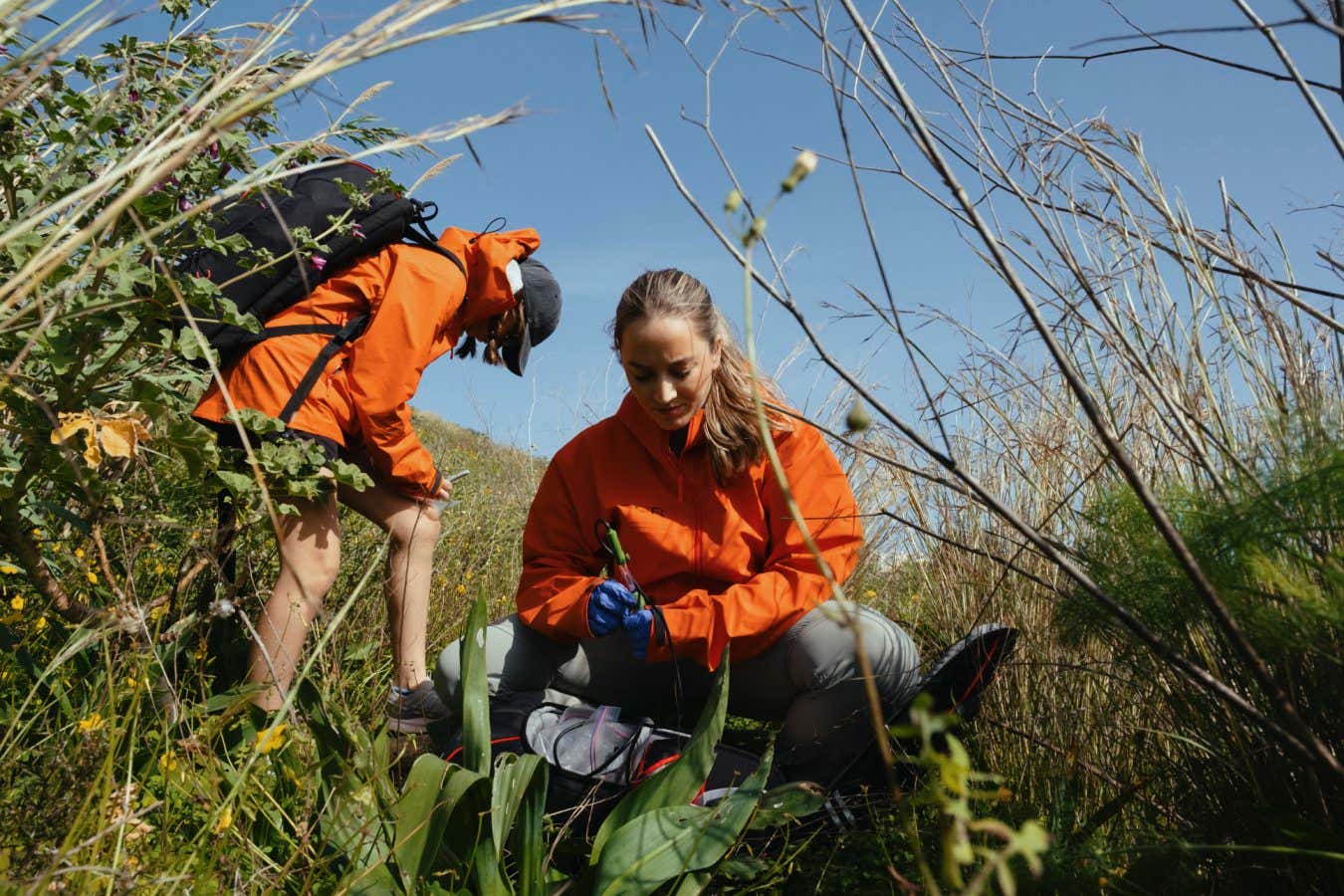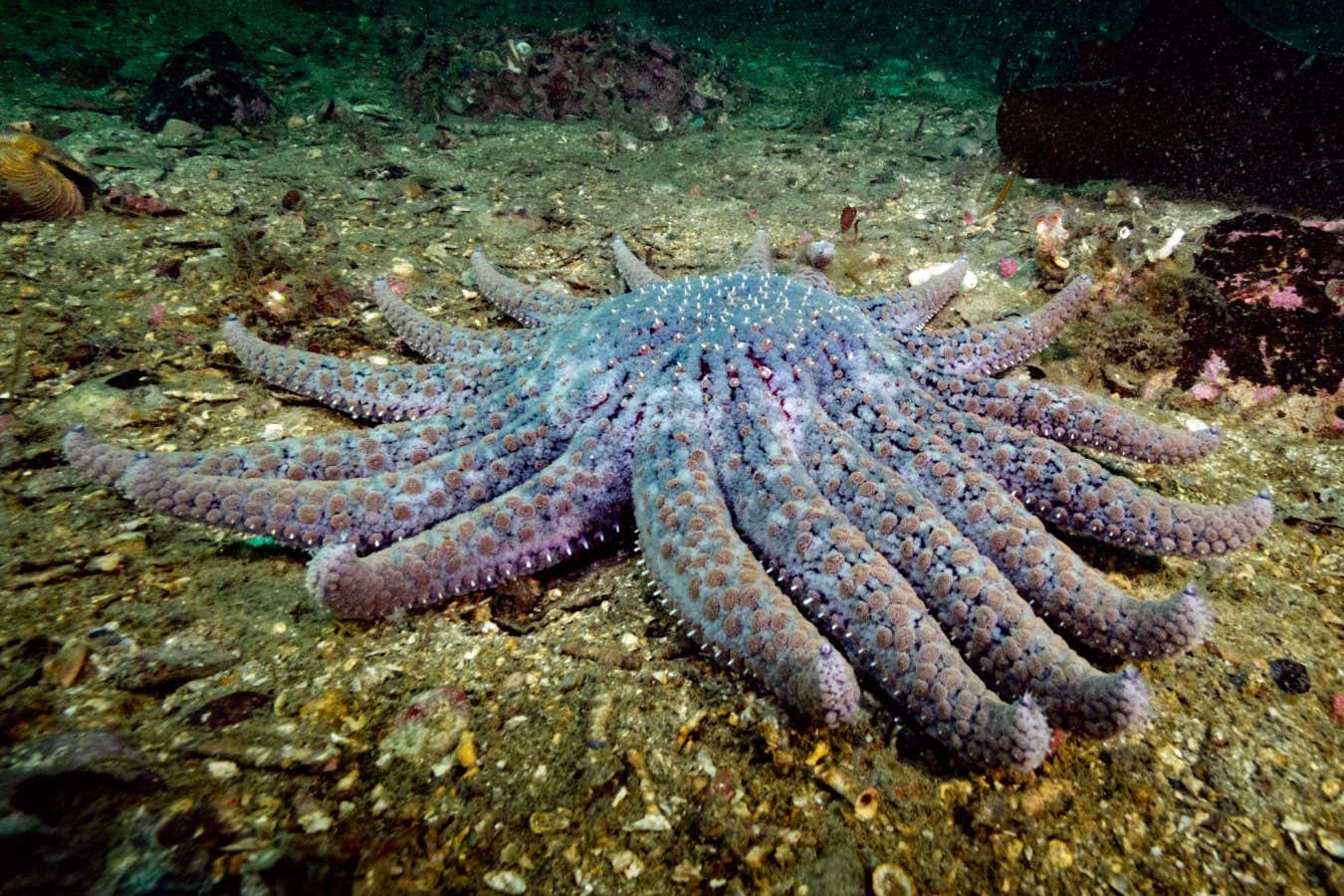Now Reading: Biotech Firm Strives to Build ‘ChatGPT of Biology’-Can It Succeed?
-
01
Biotech Firm Strives to Build ‘ChatGPT of Biology’-Can It Succeed?
Biotech Firm Strives to Build ‘ChatGPT of Biology’-Can It Succeed?

### Rapid Summary
– British biotech firm basecamp Research has collected genetic data from microbes in extreme environments globally, identifying over a million species and nearly 10 billion previously unknown genes.
– Teh company aims to create a “ChatGPT of biology” using this database to answer questions about biological processes.
– While innovative,experts remain skeptical about the practical application of the new data for drug revelation or other functions without traditional laboratory analysis.
– The collected samples come from 120 sites across 26 countries and focus on prokaryotic organisms like bacteria, microbes, viruses, and fungi found in unique habitats such as Arctic water or jungle hot springs.
– Current AI models in biology struggle with biodiverse datasets because they disproportionately focus on well-studied species like E. coli and humans.
– Researchers highlight that while increasing gene variants is certain when exploring diverse environments, understanding their functional value remains uncertain without further inquiry.
—
### Indian Opinion Analysis
Basecamp’s efforts represent an ambitious step toward unlocking biodiversity’s potential using artificial intelligence models trained with massive genetic datasets. This endeavor may improve generative biology techniques focusing on overlooked microbial diversity rather than familiar organisms like E.coli or mice-the current norm for AI training datasets worldwide.
For India-which houses one of the richest biodiversities globally including ecosystems ranging from high altitudes to tropical forests-this innovation could signal opportunities for leveraging similar projects domestically if tied closely to sustainability goals or industrial applications (like bioengineering solutions). However, concerns raised by scientists indicate data alone might not be transformative; integrating AI insights with localized research capacities is essential to realizing practical breakthroughs fully.
India’s biotech sector could benefit greatly by following such examples but must also navigate ethical complexities surrounding ecological sampling permissions within protected natural habitats nationally aligned conservation laws remain vital safeguards long-term implication–using lesson pathways explored differing scales science collaborations elsewhere.
Read More

























